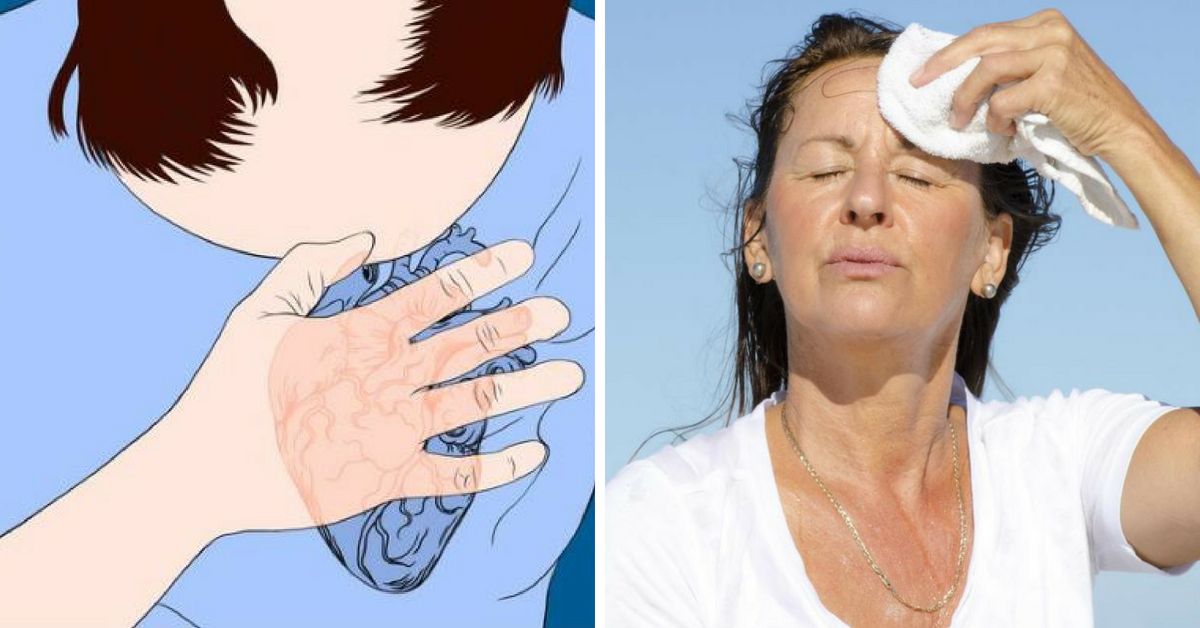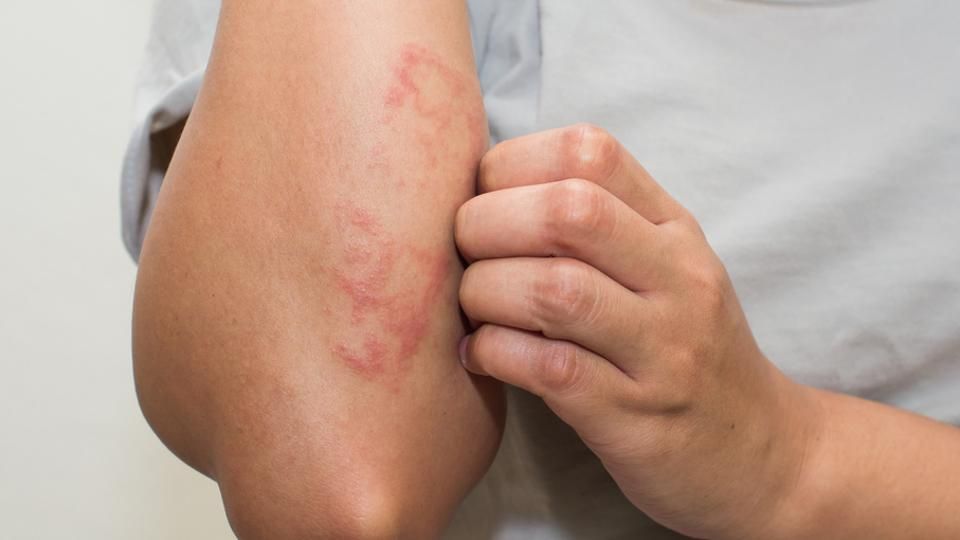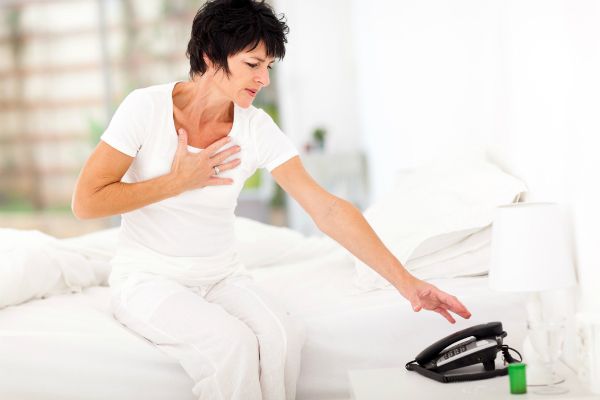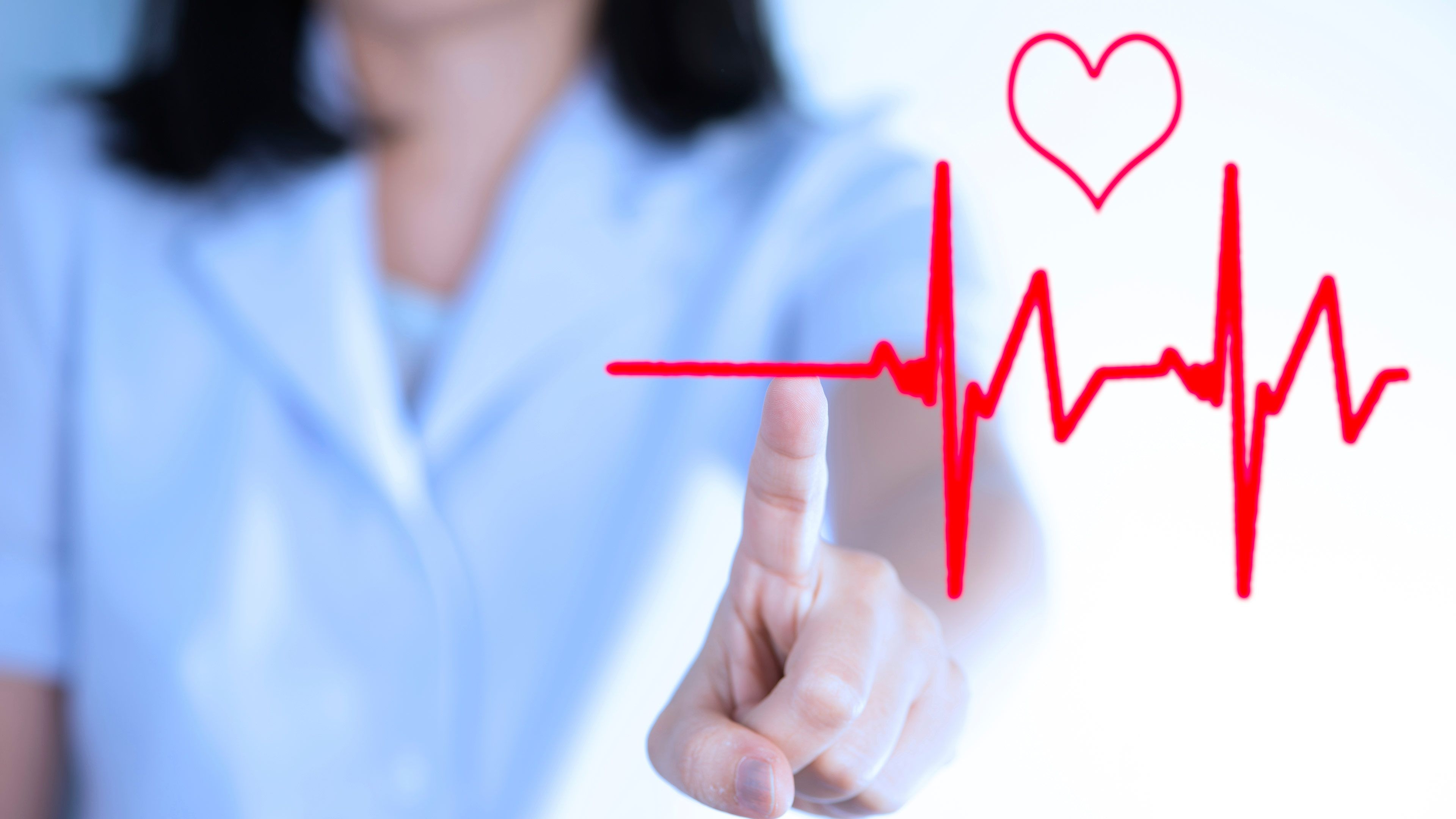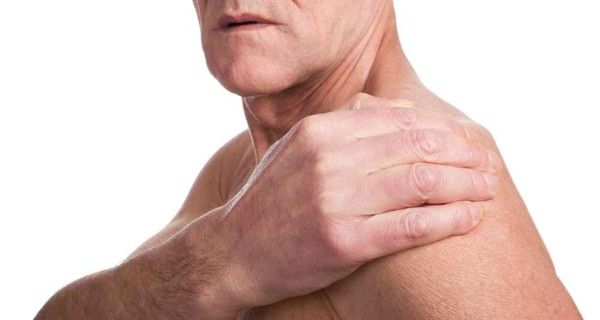Heart disease is the leading cause of death in the U.S., for both men and women.
It's estimated that about 610,000 people die of heart disease every year, according to the CDC.
This number could drop if people were better at picking up on warning signs.
Thankfully, the heart isn't a very forgiving organ, which is a good thing.
When it feels like something is amiss, it will strive to let your body know in many different ways.
Here are 11 signs that you may need to take better care of your heart.
1. Trouble Sleeping
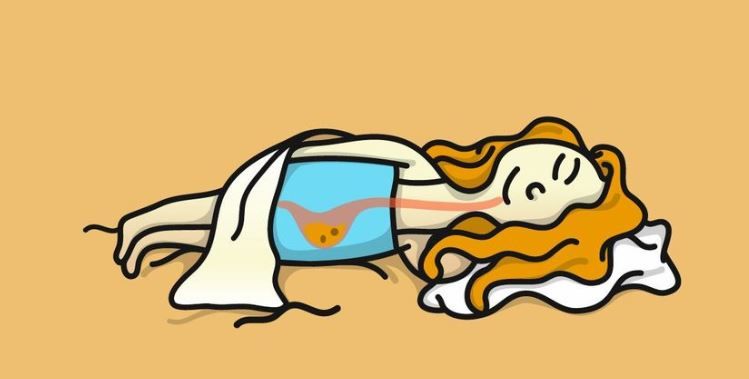
Sleep deprivation can be very dangerous, which is why people who don't get enough sleep tend to have more health problems than people who do.
One health issue that often goes unnoticed is the effects sleep deprivation has on the heart muscles.
When we get a good night's rest, our heart rate and blood pressure are lowered. So people who don't get enough shut eye are at risk of higher blood pressure, which can lead to heart problems.
If you suffer from sleep apnea, which causes you to wake up several times in the night, your heart is most likely suffering.
According to Sleep Foundation, a study found that over an eight-year period, men with severe sleep apnea were 58% more likely to develop congestive heart failure than men without the breathing disorder.
2. Skin Rashes or Spots
The largest organ on our bodies, the skin, can indicate a lot about our health.
If you suffer from skin conditions like eczema and shingles, you are at higher risk of developing cardiovascular problems.
According to Prevention, The Journal of Allergy and Clinical Immunology found that people with eczema were 48% more likely to deal with high blood pressure and 29% more likely to have high cholesterol than other adults.
3. Shortness of Breath
Shortness of breath can be a sign of a lot of things, like a heart attack or stroke. But that feeling tends to happen suddenly.
If you often experience shortness of breath or sense that your body is shaking, it may be a sign that you lungs or heart are not functioning properly.
This condition results in a decreased amount of oxygen to flow in your body, weakening your heart in the long run.
And if you experience shortness of breath while doing light physical activities, you should talk to your doctor immediately.
4. Abnormal Sweating
According to Science Daily, sweat has always been a key indicator of heart problems.
For example, people who experience heart attacks usually report cold sweats and abnormal amounts of perspiration.
Women tend to experience excessive sweats before a heart attack. And the reason why they're unable to pick up on this symptom is because they mistaken it for hot flashes.
So if you tend to sweat a lot at night, rather than the day, and your bedsheets are damp in the morning, see a doctor immediately.
5. Chest Pain
If your chest feels like it's heavy or like your heart is squeezing, this could be a sign that your heart is not receiving enough oxygen-rich blood.
And if you often feel this kind of pain when you're exerting yourself, it's likely to be an angina.
This can lead to coronary microvascular disease, which is a heart disease that affects the walls and inner lining of your blood vessels.
But if your chest pain is not going away, it could be a sign of a heart attack and you should call an ambulance right away.
6. Irregular Heartbeats
When your heart skips a beat, it's referred to as heart arrhythmia.
Normal people don't really notice their heartbeat unless they're breaking a sweat.
If you can sense an irregular heartbeat, you should consult your doctor.
These off beats can be a sign of heart disease, causing the upper chambers of the heart to contract abnormally.
7. Arm Pain
Your body is clever and can trick your brain all the time.
One of the early signs of a heart attack is arm pain. You might notice a shooting pain down your arm, especially the left side.
If this pain doesn't go away, you may be suffering from heart disease and need medical attention before your health further deteriorates.
According to Bright Side, this happens because when your heart is in pain, it travels to your spinal cord, which contains many nerves. Then your brain gets confused exactly where the pain is coming from, and shows itself by signaling discomfort in your arm.
8. Loss of Appetite
We all know stress and anxiety takes a heavy toll on our bodies.
Stress can trigger numerous other problems, which are also indicators of heart problems, like loss of appetite and nausea.
If you have trouble digesting food and experience a lot abdominal pain right after, your heart could be crying out for help.
Listen to your body, destress, and go see a doctor to find out ways you can take better care of your heart.
Keep in mind, proper nutrition is very important to supply essential nutrients to your heart.
9. Swollen Legs and Feet
A common symptom of heart disease is swollen legs, ankles, and feet.
When your heart is not functioning the way it's supposed to, the blood vessels in your legs and feet will start to leak fluid, swelling those areas.
This also happens when you're sitting down or immobile for long periods of time.
While this doesn't necessarily mean you have a heart condition, it could be an indicator.
If you suffer from any other symptoms on this list, you should get your heart checked by a health professional.
10. Fatigue
If you're always tired or suddenly feel tired for no apparent reason, it could be a main symptom of a heart attack or heart condition.
Chronic fatigue also could be a sign of anemia, which is a condition where your blood lacks enough healthy red blood cells or hemoglobin.
And if you do suffer from anemia, your heart health is already at risk.
Talk to your doctor to find out ways to increase your iron levels.
11. Persistent Cough
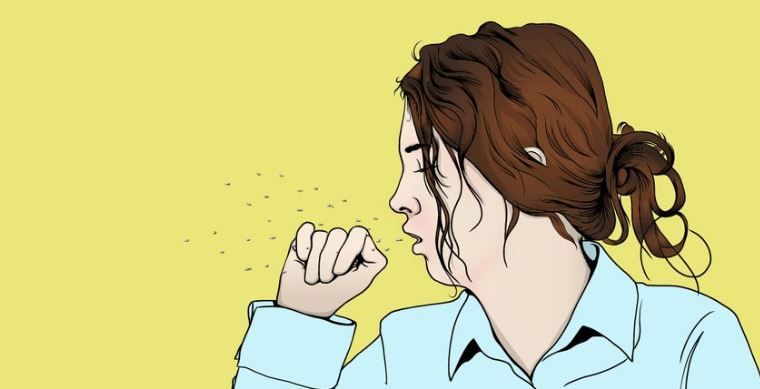
There's nothing positive about a hacking cough.
If you're always coughing and have no other signs of a cold or flu, you should get that checked out.
Coughing is also believed to a sign of cardiovascular disease, especially if you're coughing up pinkish phlegm.
